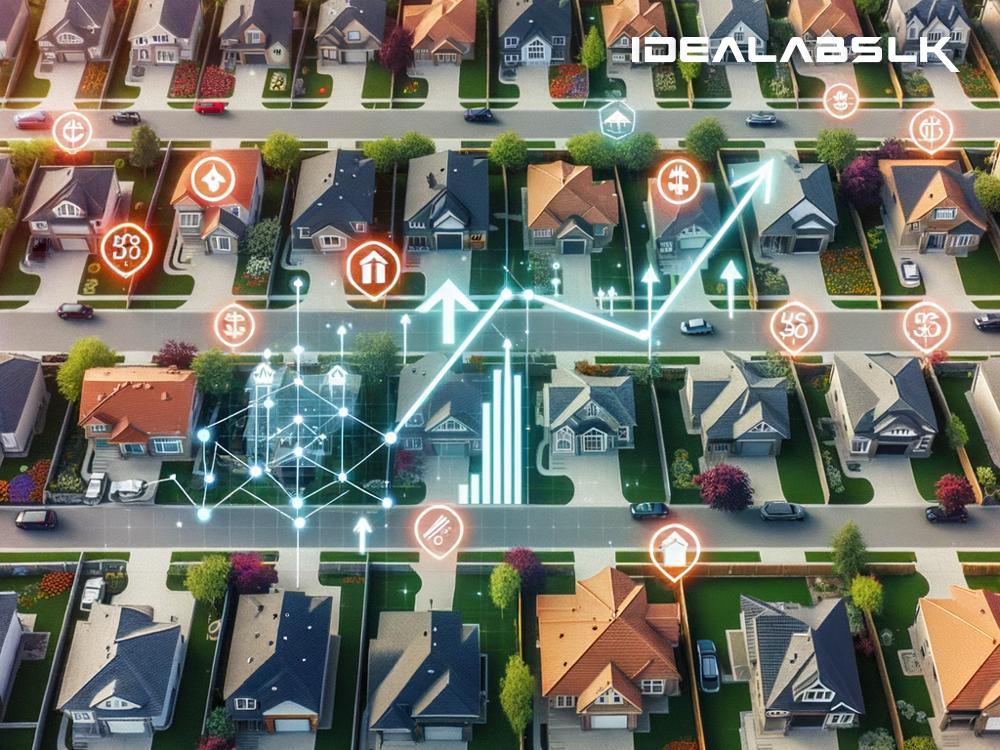How AI Models Are Changing the Game in Real Estate Pricing
In recent years, Artificial Intelligence (AI) has infiltrated almost every facet of our lives, transforming how we work, communicate, and even how we shop. The real estate industry, traditionally seen as slow to adopt new technologies, is now at the forefront of this AI revolution. A significant area where AI is making its presence felt is in the pricing of real estate properties. Let’s dive into how AI models are reshaping the way real estate pricing is done, making it more accurate, efficient, and less time-consuming.
The Old vs. The New
Traditionally, pricing a real estate asset was largely a manual process, relying heavily on the intuition and experience of real estate agents. They would compare past sales of similar properties in the area, adjusting the price based on differences in size, location, and features. This method, while somewhat effective, leaves a lot of room for error and bias.
Enter AI. With the ability to process and analyze vast amounts of data at incredible speeds, AI models are now assisting in making real estate pricing not only faster but significantly more precise. These models take into account hundreds, sometimes thousands, of variables that could affect a property's value, from the obvious ones like location, size, and condition to more nuanced factors like market trends, neighborhood crime rates, and even the quality of local schools.
The Power of Data
The key to AI’s prowess in real estate pricing is its ability to handle Big Data. AI models can quickly sift through decades' worth of property sales records, analyze current market conditions, and evaluate external factors affecting property values. By recognizing patterns and trends in this data, AI can predict a property’s worth with a high degree of accuracy.
Moreover, AI models continuously learn and improve. Every new piece of data helps the model to refine its predictions, making it more accurate over time. This ability to adapt and learn from new information ensures that pricing recommendations stay timely and reflect current market dynamics.
Speed and Efficiency
One of the most significant advantages of using AI in real estate pricing is the sheer speed and efficiency of the process. What used to take days can now be accomplished in a matter of seconds. For sellers, this means being able to price and list their property quickly, capitalizing on favorable market conditions. Buyers benefit too, as they can receive instant pricing information, helping them make more informed decisions faster.
Removing Human Bias
Another critical advantage of using AI for pricing is the reduction of human bias. Traditional pricing methods can be influenced by an agent's personal experiences and opinions, inadvertently affecting the price setting process. AI models, in contrast, rely solely on data and analytics, ensuring a more objective and fair evaluation of a property's worth.
Tailored Recommendations
AI goes beyond just suggesting a listing price. It can also offer personalized advice on how to increase a property's value. For instance, based on its analysis, AI might recommend minor renovations or improvements that could significantly boost the property's market value. This level of tailored advice was almost impossible to achieve at scale before the advent of AI.
The Challenges
However, it’s not all smooth sailing. The success of AI in real estate pricing heavily depends on the quality and quantity of data it’s fed. Inaccurate or incomplete data can lead to skewed predictions. Furthermore, while AI can process and analyze data, the human touch is still necessary. Real estate agents play a crucial role in interpreting AI-generated pricing, considering factors that the model might not fully understand, such as the sentimental value of a home or the potential of a neighborhood.
Looking to the Future
As AI technology continues to evolve and improve, its impact on real estate pricing will only grow. We can expect AI models to become even more sophisticated, offering highly personalized and accurate pricing recommendations. This technological advancement holds the promise of making the real estate market more transparent, efficient, and fair for everyone involved.
In conclusion, AI models are rapidly becoming indispensable tools in real estate pricing. By harnessing the power of Big Data and machine learning, they offer a level of speed, accuracy, and efficiency that was previously unattainable. While challenges remain, the potential benefits of AI in transforming real estate pricing — and the broader industry — are undeniable. As we move forward, the integration of AI in real estate promises to make the dream of buying or selling a property a less daunting and much more rewarding experience.

